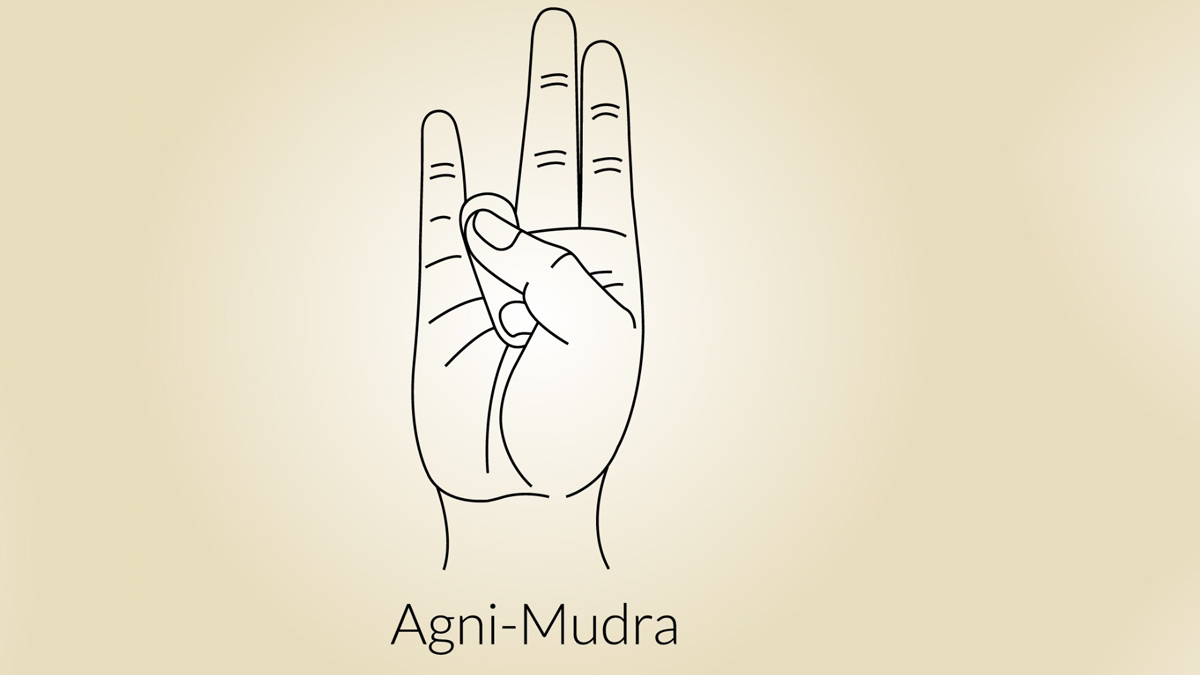Exploring Vayu Tatva: The Element of Air
In the ancient philosophy of the Panchamahabhuta, or the five elements, Vayu Tatva holds a prominent place. Vayu Tatva, also known as the Element of Air, is a fundamental concept deeply rooted in Indian philosophy, Ayurveda, and yoga. Let's embark on a brief yet detailed journey to understand the essence of Vayu Tatva.
The Essence of Vayu Tatva:
1. Definition: Vayu Tatva is one of the five elements that constitute the material world according to Indian philosophy. It represents the element of air or wind and is associated with motion, movement, and the subtle breath of life.
2. Attributes: Vayu Tatva is characterized by its lightness, mobility, and transparency. It is ever-changing, constantly in motion, and can be both gentle as a breeze or powerful as a hurricane.
3. Symbolism: In symbolic terms, Vayu Tatva is often represented as a circle with a downward-pointing triangle inside it. This symbolizes the flow of air and its connection to the physical and spiritual aspects of life.
Role of Vayu Tatva:
1. Breath of Life: Vayu Tatva plays a vital role in sustaining life. It represents the breath of life, without which no living being can survive. In yoga and meditation, conscious control of breath (pranayama) is used to harmonize Vayu Tatva and enhance physical and mental well-being.
2. Physical Manifestation: Vayu Tatva is not just an abstract concept; it has a tangible presence in the physical world. It is responsible for the movement of air, weather patterns, and the circulation of oxygen in the atmosphere.
3. Energetic Influence: In Ayurveda, Vayu Tatva is associated with the Vata dosha, which governs bodily functions related to movement, such as nerve impulses and muscle contractions. An imbalance in Vayu Tatva can lead to health issues, emphasizing the importance of maintaining its harmony.
Balancing Vayu Tatva:
1. Yoga and Meditation: Practices like pranayama (breath control) and mindful meditation can help balance Vayu Tatva within the body and mind. These practices enhance awareness of the breath and its connection to the inner self.
2. Diet and Lifestyle: Ayurveda recommends a balanced diet and a lifestyle that aligns with your dominant dosha, which may be influenced by Vayu Tatva. Adequate rest, a nourishing diet, and a routine that supports stability can help maintain balance.
3. Environmental Awareness: Understanding the impact of air quality and the environment on our health is crucial. Reducing air pollution and nurturing the natural elements, including air, is a way of respecting Vayu Tatva.
In conclusion, Vayu Tatva, the Element of Air, is an integral part of the five-element framework that has been fundamental to Indian philosophy, Ayurveda, and yoga for centuries. It represents the essence of motion, breath, and life itself. By recognizing its significance and striving for balance, we can harmonize our inner and outer worlds, promoting physical and spiritual well-being.



Comments
Post a Comment